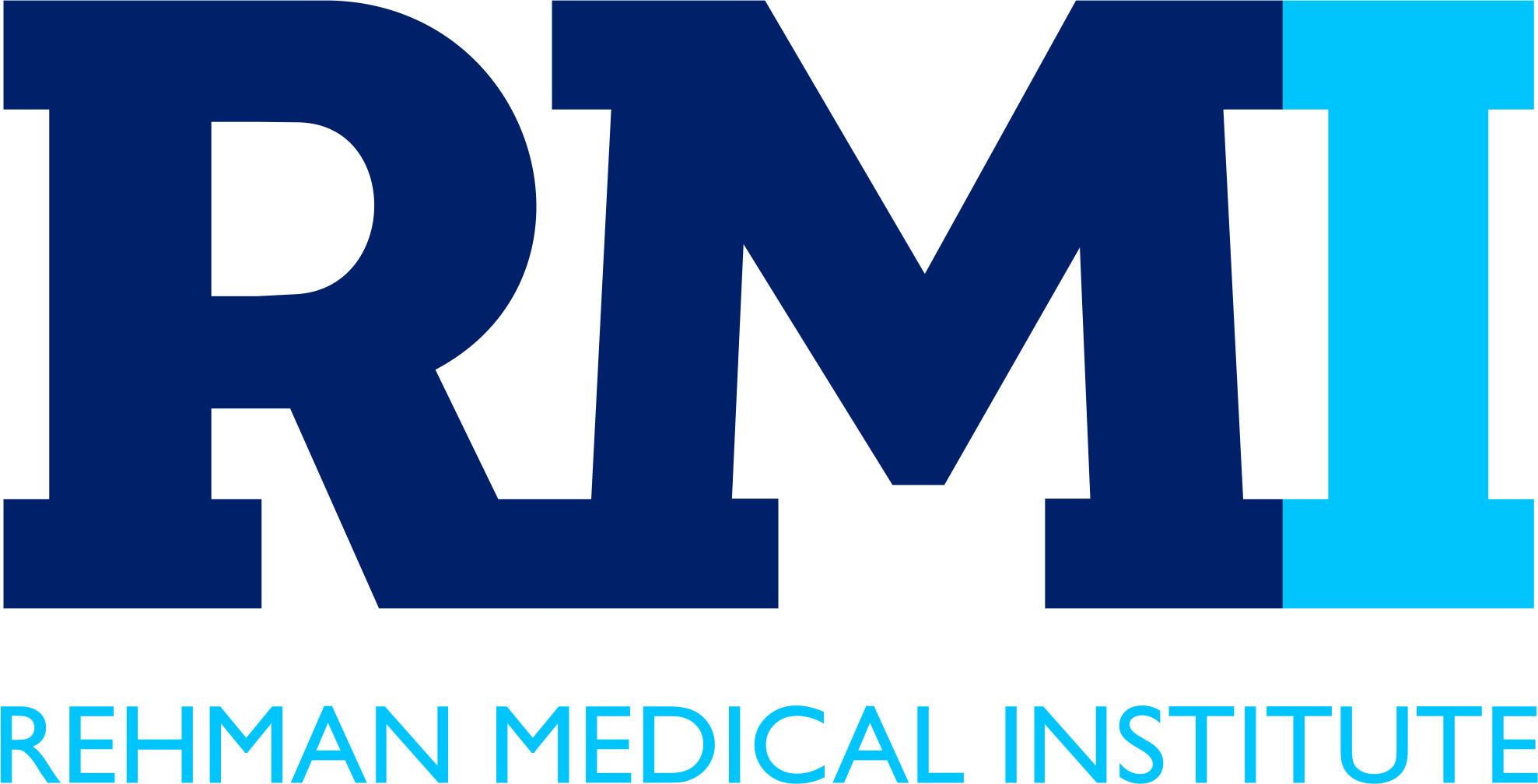Hypertension: The Silent Killer
Causes, Symptoms, and Prevention of High Blood Pressure
Hypertension, commonly known as high blood pressure, is often dubbed the “silent killer” due to its lack of obvious symptoms and its potential to cause severe health complications. Affecting millions worldwide, hypertension can lead to heart disease, stroke, and kidney failure if left unmanaged. In this blog, we will explore the causes, symptoms, and preventive measures for hypertension, empowering you with the knowledge to take control of your health.
What is Hypertension?
Hypertension occurs when the force of the blood against your artery walls is consistently too high. Blood pressure is measured in millimeters of mercury (mm Hg) and recorded with two numbers: systolic pressure (the first number) and diastolic pressure (the second number). Normal blood pressure is typically around 120/80 mm Hg. Hypertension is diagnosed when readings consistently exceed 140/90 mm Hg.
Causes of Hypertension
Several factors contribute to the development of hypertension, including:
- Genetic Predisposition: Family history of hypertension increases your risk.
- Unhealthy Diet: High salt intake, excessive alcohol consumption, and low intake of fruits and vegetables.
- Lack of Physical Activity: Sedentary lifestyles contribute to weight gain and high blood pressure.
- Obesity: Excess weight strains the heart, leading to hypertension.
- Stress: Chronic stress can contribute to temporary spikes in blood pressure.
- Chronic Conditions: Conditions such as diabetes and kidney disease can increase the risk of hypertension.
Symptoms of Hypertension
Hypertension is often asymptomatic, but some people may experience:
- Headaches
- Shortness of breath
- Nosebleeds
- Flushing
- Dizziness
- Chest pain
- Visual changes
Preventive Measures
Preventing hypertension involves lifestyle modifications and regular monitoring:
- Healthy Diet: Consume a balanced diet rich in fruits, vegetables, whole grains, and low-fat dairy. Reduce salt and saturated fat intake.
- Regular Exercise: Aim for at least 150 minutes of moderate-intensity exercise per week, such as brisk walking or cycling.
- Weight Management: Maintain a healthy weight to reduce the strain on your heart.
- Limit Alcohol and Tobacco: Reduce alcohol consumption and quit smoking to lower blood pressure.
- Stress Management: Practice relaxation techniques like yoga, meditation, or deep-breathing exercises.
- Regular Check-ups: Monitor your blood pressure regularly and consult your doctor for routine health check-ups.
